Exiting the Draugr Castle (A Tragicomedy in Twenty-Four Acts)
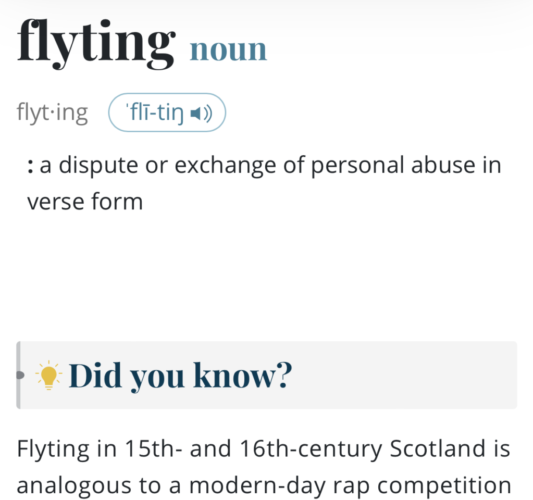
Think I won’t drop the location? I still got PTSD. – Kendrick Lamar
ᚠ. Establishing Shot of a Cow Licking the World into Being
Funny story: I just spent five years being a heathen.
It ended poorly. There was a dispute, I set a red line, and it got crossed. And since one’s honor is the only thing in this world that one truly owns, I’m not a heathen anymore. But since one of the fundamental privileges of being a professional essay writer is that absolutely any terrible experience you have can be refined into material, I figured I’d write about the five years where I was.
ᚢ. What’s a Transsexual Menace Like You Doing in a Religion Like This?
So I was in a sex club in North Carolina, and I saw this cute girl wearing a Mjolnir pendant. And what struck me about it was that it was a dainty Mjolnir pendant, which wasn’t something I’d ever seen before, so I chatted her up. One thing followed another, including the cute girl turning out to be a hot boy, me turning out to be a cute girl, and the two of us getting married, until in August of 2019 I found myself pulling up the trail to a campground in Pennsylvania to spend five days in the woods with a bunch of heathens at East Coast Thing, the second largest heathen event in the country.
This was to any extent uncomfortable for me. I wasn’t not heathen. I’d long described myself as having the protection of Loki. Way back in college a friend of mine—who ended up becoming a minister for like a decade—knocked on my dorm room door and told me that she’d found a sort of weird spirit around, and it seemed to be mine, and suggested it might be Loki. And after my life really just started to bounce from improbability to improbability, with weird careening plot twists like crashing out of academia after spending a decade in higher education and then making it as a professional Doctor Who blogger, “the protection of Loki” ended up being a pretty good shorthand for the question of “how the fuck do you manage to live this sort of charmed existence, you absolute weirdo?”
But I didn’t work with the larger Norse/Germanic pantheon. Heck, I didn’t even really work with Loki—I just graciously accepted his protection. Mostly I worked with Ahania, a minor figure in William Blake’s personal mythology, in a self-conscious homage to Alan Moore’s famous decision to worship a glove puppet. That had started to change with my marriage to Penn as we entwined our magical practices, but we’d only been married a couple of months and that was still in its early stages.
But the real reason I was nervous was the same basic reason the daintiness of Penn’s Mjolnir surprised me, which was just… the fucking viking of it all. The faith attracts a type, and it’s one where you’re not exactly surprised there’s a nazi problem.…


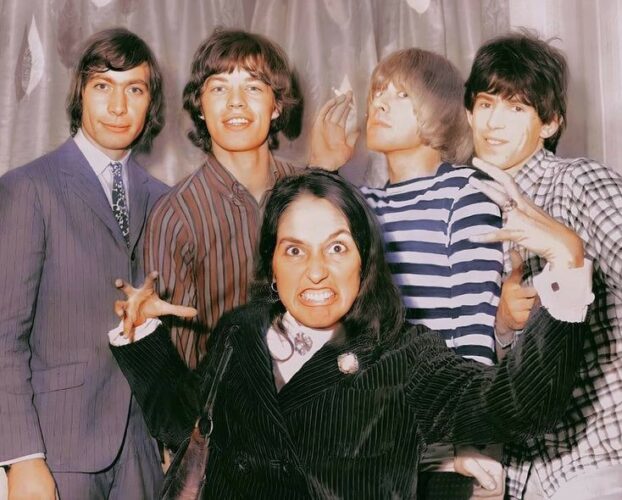
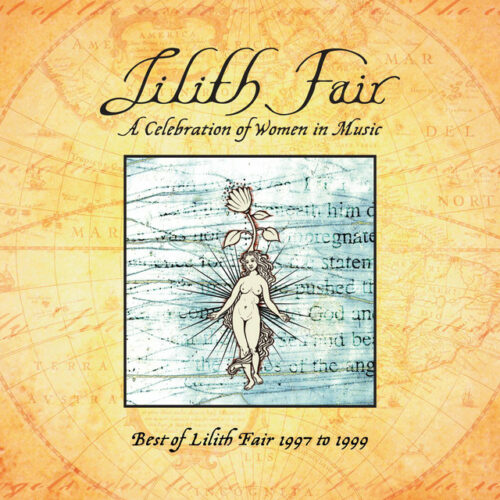
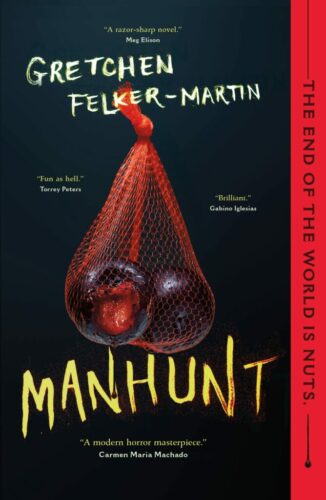

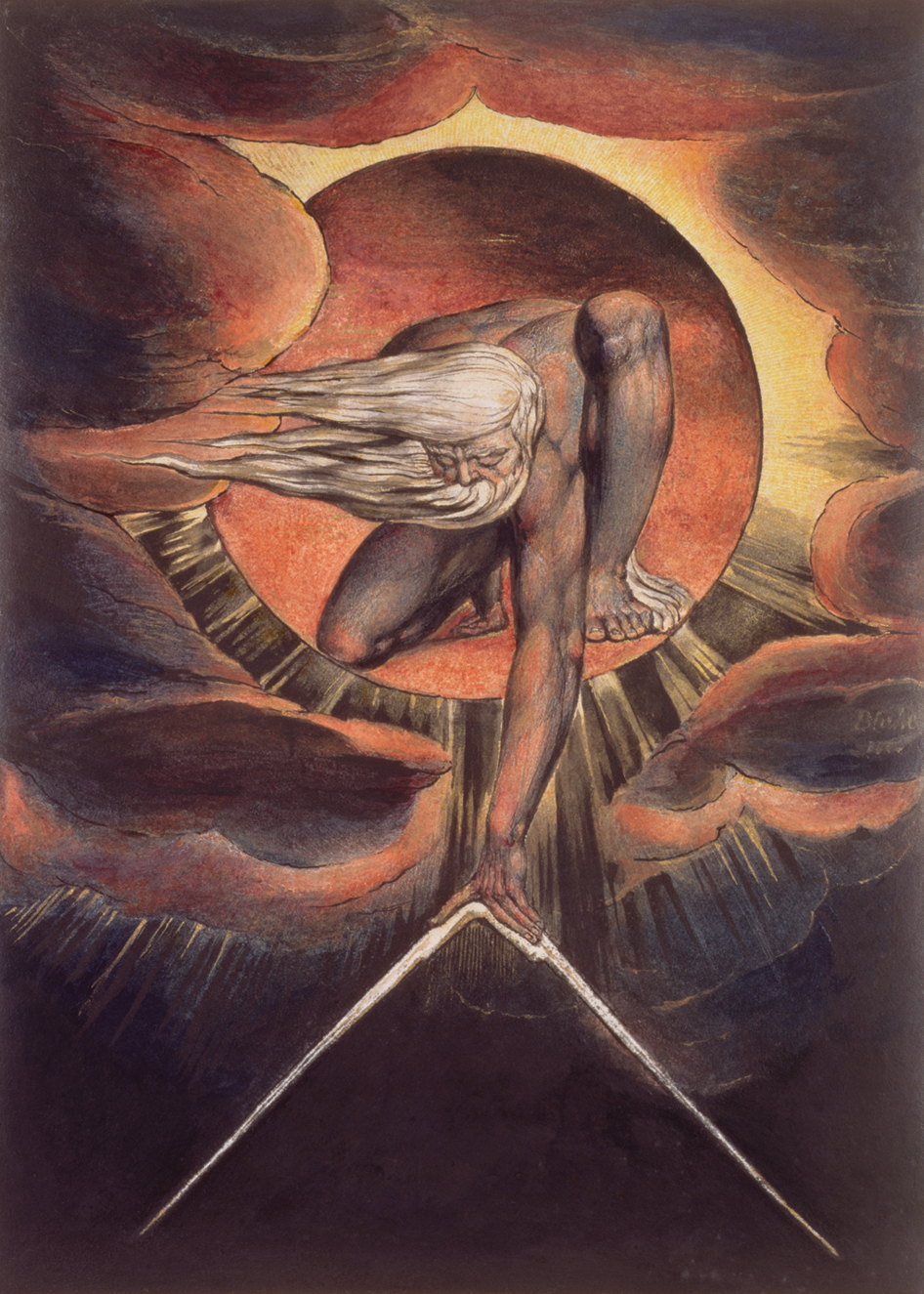 Them things you don’t show, I can see
Them things you don’t show, I can see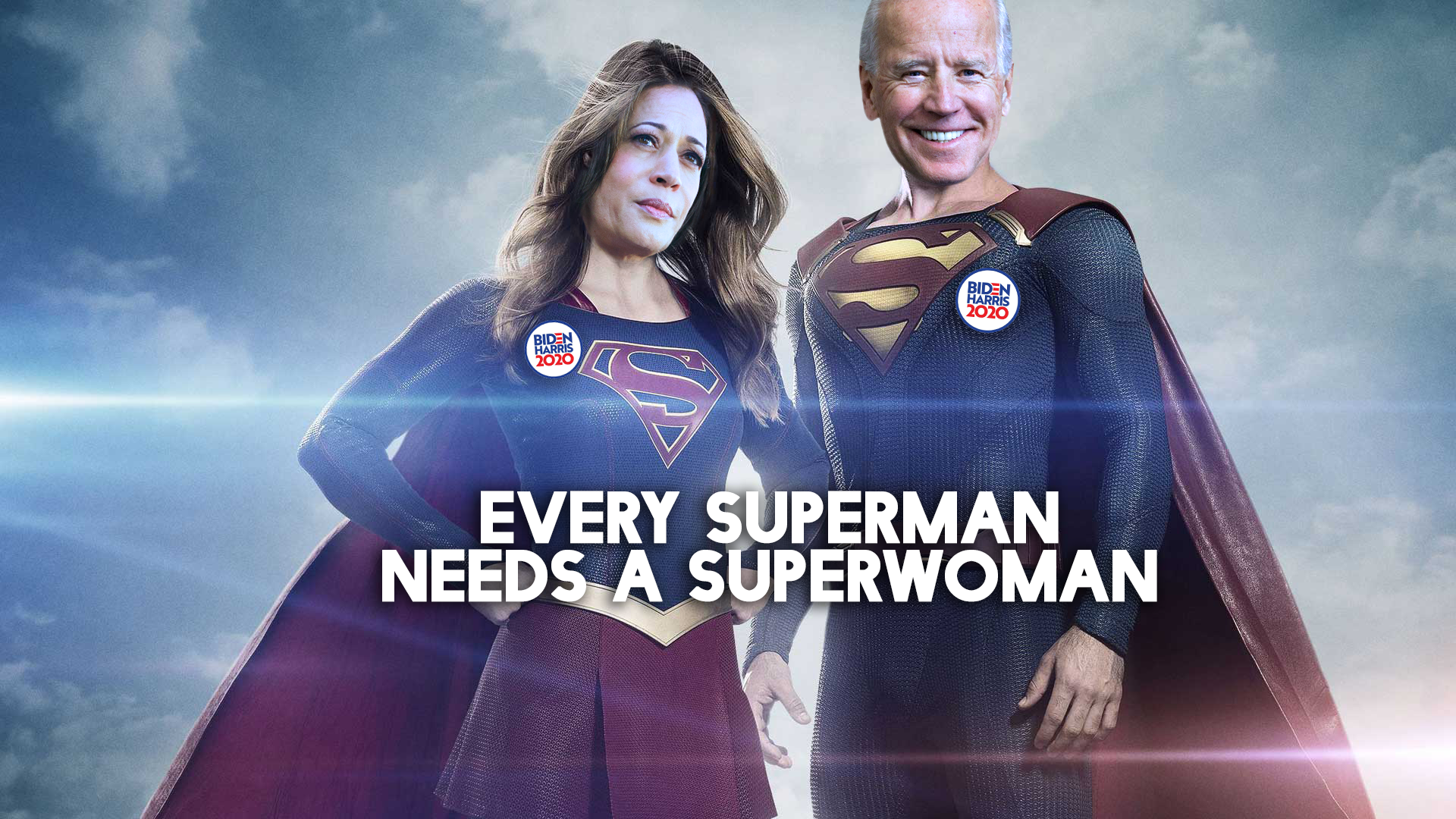 There isn’t any promised land. This is just… it’s a superstition that you have picked up from all the humanity you’ve stuffed inside yourself.
There isn’t any promised land. This is just… it’s a superstition that you have picked up from all the humanity you’ve stuffed inside yourself.